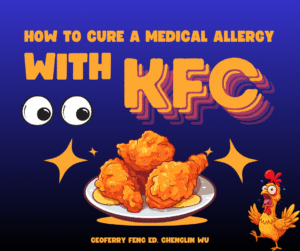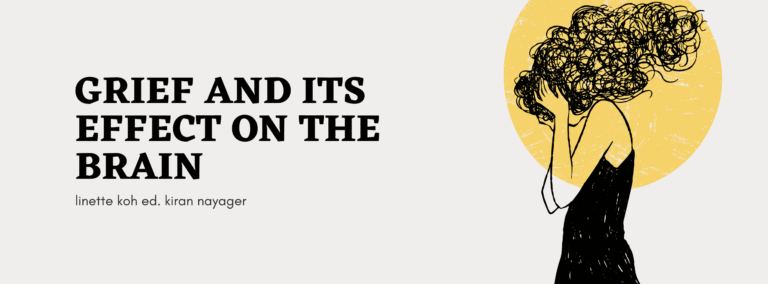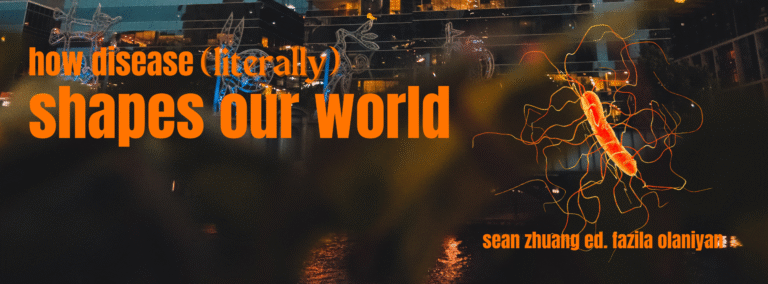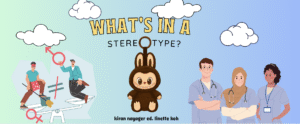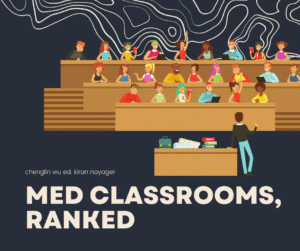
Written by David McKay and edited by Yaron Gu
One of the greatest tragedies in medicine, at least in my opinion, is that “hyper-” and “hypo-” sound so similar. It’s humbling to imagine the number of times in my (admittedly limited) medical education where I’ve fumbled an important concept or case presentation because of just how easy it is to confuse this esoteric medical jargon. A similar thing can be said of the unintuitive prefixes “brady-” and “tachy-”, which can take an embarrassing amount of cognitive effort to demystify, or the terms “efferent” and “afferent”, which I personally cannot distinguish confidently without the help of a convoluted mnemonic. A is before E, so afferent is before efferent… or something? Regardless, these peculiarities become slightly less funny when you consider there’s probably a non-zero number of patients who’ve suffered because some poor sleep-deprived junior doctor couldn’t tell if their consultant was saying “hypovolemic” or “hypervolemic” over the phone.
For better or worse (probably for worse), medicine undeniably has its own “language”. A language full of lexical oddities like “pseudopseudohypoparathyroidism” or obscurant terms such as “sphenopalatine ganglioneuralgia”—which in English translates to “brain-freeze”. Another sadistic feature of this language is the fact that every structure in the body seemingly has another secret Latin or Greek codename that only medical professionals understand- like “pharynx” for throat or “metacarpophalangeal joints” for knuckles. So, considering how painful learning this second language is, why do doctors insist on using such needlessly complicated language?

Depicted: An epigastric impact activating somatic pain receptors and initiating a transient diaphragmatic spasm. Or, a dude getting punched in the tummy and getting winded.
One possible answer is that this jargon allows us to be more specific and communicate medical information more precisely. However, this is a stupid defence, and if you say this in front of me I’ll make a really frowny face and be riled up for about 5 minutes. There’s no practical reason why saying “emesis” is better than vomiting. Saying “parturition” instead of birth isn’t going to magically improve your patient’s outcomes. A lot of this jargon is actually associated with poorer medical outcomes, either through the use of stigmatising phrases like “substance abuser” or by excessively confusing patients with already-poor health literacy. Not to mention our previous thought experiment regarding the unfortunate hypothetical junior doctor who accidentally murdered a patient because of some twisted etymological coincidence.
A better answer is to regard this tradition of medicine’s unintuitive lexicon as an anachronistic remnant of history. Medical doctors in the early scientific revolution of the 18th century were forced to study classical Latin and Greek texts for information, as medicine in the Middle Ages mostly consisted of hilariously bad remedies and plentiful amounts of prayer. As a result, doctors wrote textbooks and prescriptions in Latin, with Latin acronyms still being ubiquitous in pharmacy practice to this day. So why haven’t we gotten rid of this tradition yet?

When you consider that medieval doctors looked like this, it suddenly makes sense why renaissance physicians were so willing to do a 180 on the medieval medical tradition.
Unfortunately, the most likely explanation here is also the most depressing. Being able to use medical jargon creates and sustains an imaginary barrier between the patient and doctor, deliberately perpetuating power imbalances and undermining the control that patients have over their own treatment. Medicine has made leaps and strides in terms of eradicating the medical paternalism that characterised the early 20th century, but the existence of unnecessary and convoluted jargon appears to me as evidence that a lot of practitioners are reluctant to eradicate this power structure. Of course, you can argue that the doctor-patient power relation will exist as long as there is a knowledge imbalance between doctor and patient, but I believe it’s worth taking action to reduce this imbalance and free medicine of its abusive past.
Maybe, if us medical students really put our minds to it, we could stop using jargon altogether and force a total paradigm shift. Instead of “hypotensive”, let’s start saying low blood pressure. Instead of saying “rhinorrhoea”, we can say a patient has a runny nose. Instead of saying “anaemia”, we can say a patient is suffering from no-blood-disease. Instead of saying “asthma”, we can say someone has a wheezy-breezy-lemon-squeezy disease-y.
Or not.
Whilst I may be committed to eradicating excessive jargon, I’m even more committed to not flunking the EOC.





